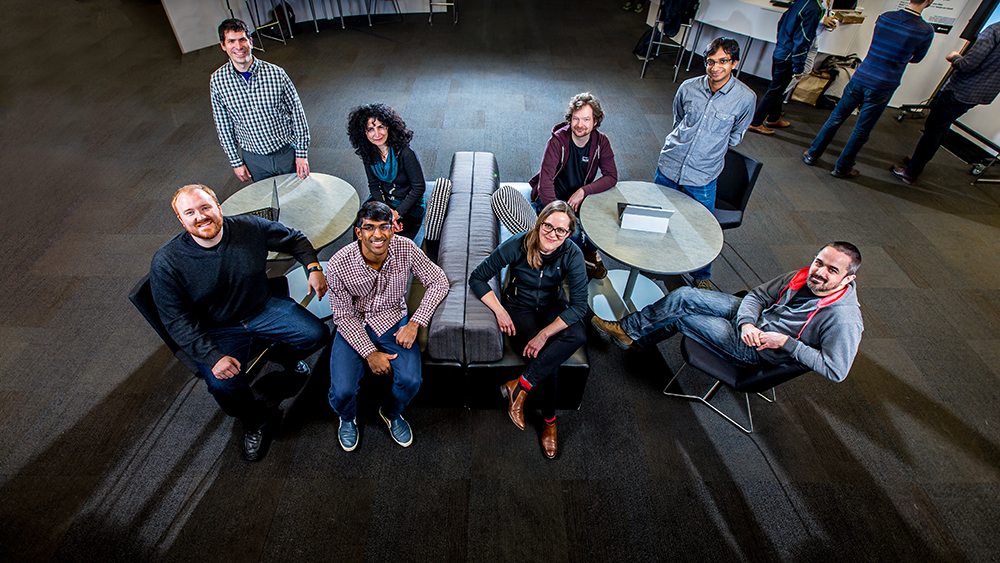Microsoft announced that its sandbox video game Minecraft has become its latest testing ground for artificial intelligence (AI) research.
Researchers at Microsoft’s Cambridge, UK, lab have developed a new platform called ‘AIX’ which the tech giant says ‘allows computer scientists to use the world of Minecraft as a testing ground for conducting research designed to improve artificial intelligence.’
Katja Hofmann, a researcher at Microsoft Research Cambridge, came up with the idea of using Minecraft as an AI testing ground after feeling frustrated with the ‘limitations of other platforms that use simpler, less sophisticated games for artificial intelligence research.’

“Minecraft is the perfect platform for this kind of research because it’s this very open world,” Hofmann said.
“You can do survival mode, you can do ‘build battles’ with your friends, you can do courses, you can implement our own games. This is really exciting for artificial intelligence because it allows us to create games that stretch beyond current abilities.”
Microsoft researchers are already using AIX to to get a Minecraft character to climb a hill.
A team of five computer scientists at a Microsoft Research lab in New York City are already working on using the AIX platform to train an artificial intelligence agent to learn how to do things like climb to the highest point in the virtual world.
Fernando Diaz, a senior researcher in the New York lab and one of the people working on the project, said: “We’re trying to program it to learn, as opposed to programming it to accomplish specific tasks.”

The agent needs to go through a lot of trial and error to figure out what it needs to do to get up the hill and ‘learn’ how to move around the environment. It also ‘needs to understand – via incremental rewards – when it has achieved all or part of its goal.’
Open-source AIX is coming this summer.
Microsoft will make the AIX platform available for everyone to evaluate and develop AI software using its virtual landscapes from July. As it will be open-source, the only cost to use the platform will be that of buying a standard licence for the game.
“People build amazing structures that do amazing things in Minecraft, and this allows experimenters to put in tasks that will stretch AI technology beyond its current capacity,” explained Katja Hofmann.
“But eventually, we will be able to scale this up further to include tasks that allow AI agents to learn to collaborate with humans and support them in a creative manner.
“This provides a way to take AI from where it is today up to human-level intelligence, which is where we want to be, in several decades time.”
Evelyne Viegas, the director of artificial intelligence outreach at Microsoft Research, said: “We’re looking for opportunities where we can really help accelerate the pace of artificial intelligence innovation in a way that is going to be very close to the real world, with real experiences and real data.”
Using video games for AI research is nothing new. However, Microsoft believes that the open-ended nature of Minecraft gives it a significant advantage over other games because of the wide range of situations which can be simulated from a first-person perspective.
Matthew Johnson, the principal software engineer working on AIX, was quoted by the BBC as saying:
“It allows you to have ’embodied AI.’”
“So, rather than have a situation where the AI sees an avatar of itself, it can actually be inside, looking out through the eyes of something that is living in the world.
“We think this is an essential part of building this kind of general intelligence.”
Video – Artificial Intelligence
The letters AI stand for Artificial Intelligence. The term refers to software that makes machines like robots and computers ‘intelligent’. In other words, it makes them mimic how we think and also how we (humans) behave.

